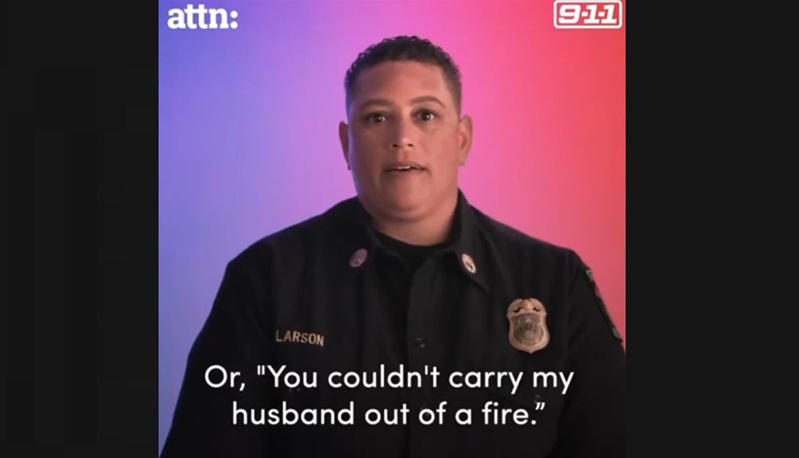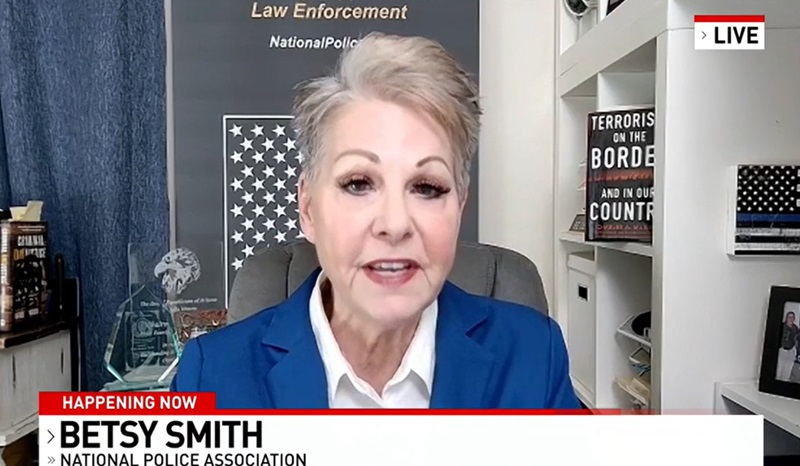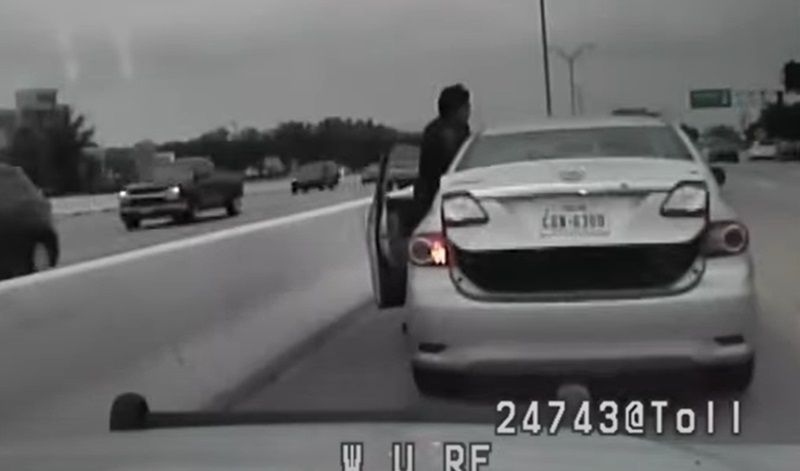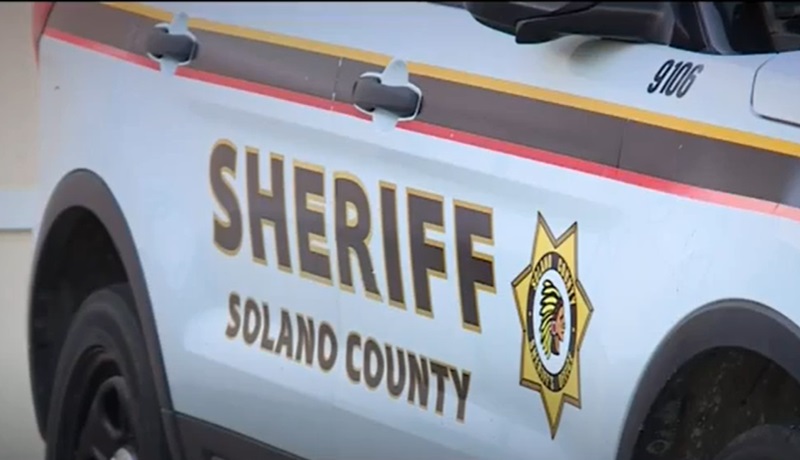

Indianapolis – March 6, 2024. The Ride-Along Resolution (H.Res. 1023) would require each member of the House of Representatives to accompany a police officer for one patrol shift once each two year term or have their name published on a list of members who failed to do so. The resolution was re-introduced by Rep. Angela Craig (MN-2) in February and referred to the Committee on House Administration. Resolutions are designed to express opinions. They’re not legally binding and don’t require the President’s signature or action by the other chamber. The resolution’s text can be found here.
Ride-alongs provide an intimate look at the complexities of police work that can’t be replicated solely by studying data or gleaming headlines. Escorting a police officer on a work shift can help the participant understand the following.
- Police officers work hard to build trust with residents of the communities they serve. This is regularly exemplified by their good works, whether it’s to check on the welfare of a resident, fix a neighborhood child’s broken bicycle, or help solve problems associated with a nuisance establishment before issues can escalate.
- The unpredictability of police work. A seemingly uneventful shift can quickly become a life-threatening situation that causes an officer to change form within a few seconds.
- Police officers swear an oath to uphold the U.S. Constitution. Although the reasons for using force when necessary or stopping a suspicious car may not seem apparent to a casual observer, there is often a legal precedent for these actions.
If passed, all House members would be obligated to participate in one full-shift ride-along in their respective congressional districts for each two-year term served. The House Committee on Ethics would publish the names of any congressperson who fails to comply with the resolution. Those names would also become part of the Congressional Record.
While any citizen can benefit from accompanying a police officer on a ride-along, it’s especially important that elected officials experience at least one. “It’s difficult-to-impossible to create effective laws and policies that impact police officers and the residents they serve, when you have a poor understanding of what police work entails,” said Paula Fitzsimmons, Legislative Director, National Police Association.
Ride-alongs teach participants about the complexities and realities of police work and allow them to see the humanity behind the badge. We support the Ride-Along Resolution and thank Rep. Craig for introducing it.
About The National Police Association: The National Police Association is a 501(c)3 non-profit Educational/Advocacy organization. For additional information visit NationalPolice.org
###






